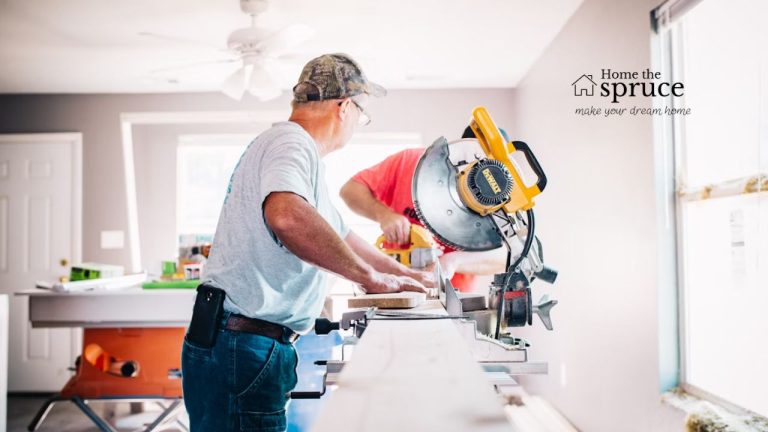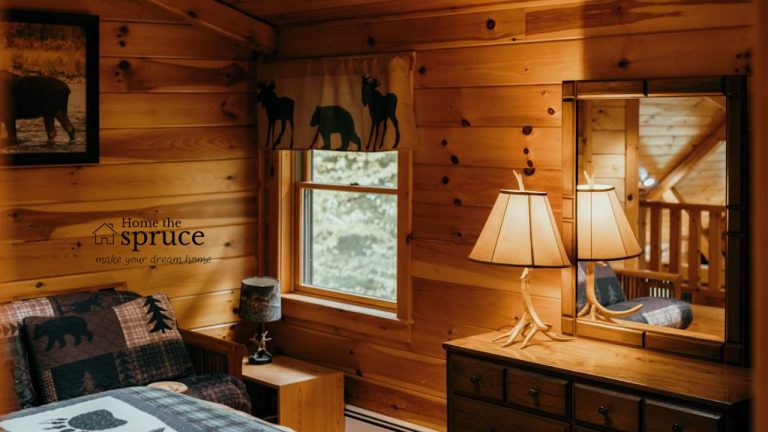There’s a funny thing that happens when you’ve lived in a place for a while. You stop noticing it. The creaky stair just becomes part of the soundtrack of your morning. That little patch of peeling paint on the ceiling? You’ve convinced yourself it adds character. And the smell from under the sink? That’s probably nothing… right?
The truth is, homes don’t fall apart overnight. They whisper for help long before they start shouting. And while DIY videos might make you feel like a YouTube tutorial away from being Bob Vila, there are some things better left to the professionals—unless you enjoy turning a small fix into a much bigger, more expensive mess.
Your House Is Making Weird Noises—and No, It’s Not Haunted

You know that moment when the house goes silent, and then suddenly, you hear a loud pop, or a low groan coming from somewhere deep inside the walls? People love to blame “old house quirks,” but let’s call it what it really is: a warning sign. Houses settle, yes, but consistent or worsening sounds could be structural or plumbing-related. Pipes expand and contract with temperature changes, but if you start hearing knocking every time you run the faucet or flush the toilet, it’s not trying to get your attention for fun.
Same goes for electrical buzzing. Light fixtures shouldn’t hum. Outlets shouldn’t feel warm. And your breaker box should not make you feel like you’re disarming a bomb every time you touch it. Professionals exist for a reason. A good electrician or licensed contractor knows how to fix what’s wrong without accidentally making everything worse. Call them before the weird noise becomes a headline about your house catching fire.
The Outside Tells a Story—and It’s Usually About Neglect
A house’s exterior doesn’t lie. Peeling paint, sagging gutters, moss taking over your roof like it’s staging a hostile takeover—these are not “charming rustic touches.” They’re warnings that water is going where it shouldn’t, or that rot is slowly eating away at your biggest investment.
You don’t have to be the neighbor with the pristine power-washed driveway and monthly window cleanings, but you also shouldn’t ignore what your house is telling you from the outside. Cracks in the foundation, doors that suddenly don’t shut quite right, or spongy spots on the porch—those are all signs that it’s time to stop pretending and get a pro to assess things before damage spreads.
If you’re not sure where to start, look up home maintenance tips from actual licensed contractors in your area. Avoid internet influencers who swear by using vinegar and good vibes to patch a roof leak. A qualified pro won’t just fix the problem, they’ll also help you understand what caused it in the first place—so it doesn’t keep coming back every spring like seasonal allergies.
Your AC Is Gasping for Air—Don’t Wait Until It Flatlines
When the temperature climbs and your air conditioner starts acting moody, it’s not being dramatic. It’s telling you it’s tired. Maybe it’s been overworked. Maybe it’s clogged. Maybe something inside it gave up weeks ago and now you’re just circulating slightly cooler disappointment through the vents.
Here’s the deal: fixing air conditioning problems isn’t a fun experiment. It’s an actual trade that people train for. They have gauges, special tools, and the know-how to avoid making things worse. Don’t wait until it breaks entirely to take action. A sluggish system costs you more in the long run by running longer, less efficiently, and still not cooling the house properly.
And if you’ve been thinking, “Well, maybe it’s just old,” that might be true. But a quick AC repair by a licensed technician could buy you a few more summers before you need to think about replacement. Or they might find something small that’s easy to fix now but would become a wallet-drainer later. Either way, you win by calling in someone who knows what they’re doing.
That Leak Is Lying to You—It’s Not ‘Just a Drip’
Water is sneaky. That slow drip from the faucet or mysterious puddle under the dishwasher might seem like a small thing you can ignore. But water doesn’t stay where it’s supposed to when something goes wrong. It travels. It warps floors. It seeps into walls. It molds. And mold doesn’t politely stay out of sight.
Calling in a plumber or water damage specialist before things get worse isn’t dramatic, it’s smart. People love to convince themselves they can “keep an eye on it,” until the day their hardwood floors start to buckle or their drywall feels soft to the touch. And then it’s not just a leak anymore—it’s a full-blown project that could have been avoided.
Don’t forget: water issues rarely stay in one spot. A leak in the kitchen might show up as a brown spot on the ceiling in your basement weeks later. And by then, you’re dealing with damage in two places instead of one.
When You Start Avoiding a Room, Pay Attention
There’s always that one spot in the house that slowly becomes the place you pretend doesn’t exist. Maybe it’s the basement that smells like damp cardboard and sadness. Maybe it’s the spare bedroom that feels too cold in the winter, too stuffy in the summer, and somehow just… off.
Rooms shouldn’t feel unwelcoming unless you have a teenager living in them. If you’re subconsciously avoiding a space, that’s a huge hint something needs attention. It could be ventilation. It could be structural. It could be something as simple as an outdated or broken vent system that’s choking off air flow. Or it could be insulation issues that are draining energy and comfort from your home like a vampire with a utility bill.
Don’t ignore these instincts. A good contractor can take one look at a space and figure out why it feels wrong—and what needs to be done to fix it.
Here’s the Bottom Line
Your house is like any relationship. If you stop listening, things fall apart. The sooner you admit you need help with the things that aren’t quite right, the better your home will treat you in the long run. Listen to it. Don’t DIY what needs a diagnosis. Let the experts do what they do best—so you can go back to enjoying your space, instead of fearing what’s behind the walls.
Admin Recommendation
Mistakes to Avoid When Repairing Your Home















